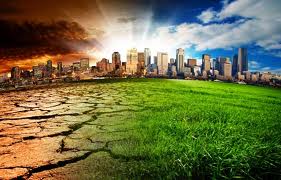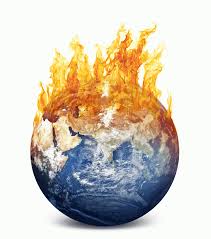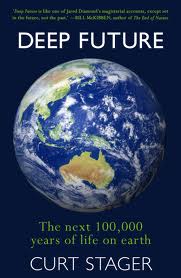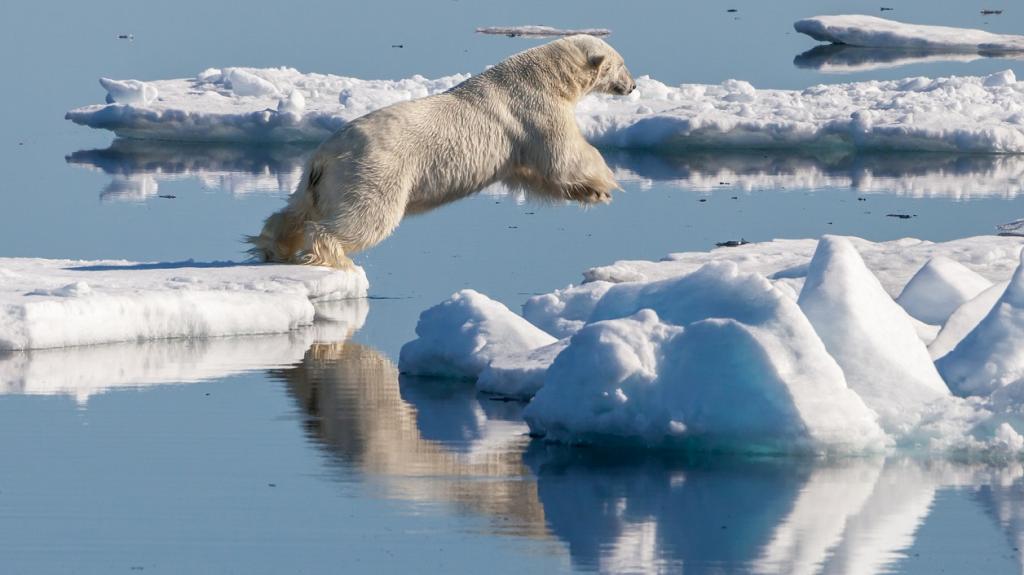The first part of IPCC’s Fifth Assessment Report on global warming ‘Climate Change 2013: The Physical Science Basis’ has finally been released. So who is the IPCC? And what does the report say?
Who is the IPCC?
The United Nations and the World Meteorological Organization set up the IPCC or Intergovernmental Panel on Climate Change in 1988. The IPCC aims to provide regular reports on the scientific basis of climate change. World governments use the IPCC assessment reports on climate change to help determine climate-related policies. The UN Climate Conferences also use the IPCC reports as a basis for discussions and negotiations.
The IPCC does not undertake its own research but uses scientific, technical, government and industry reports. They are reviewed for quality and validity before being included in the assessment.
A Working Group of 259 authors from 39 countries contributed to ‘Climate Change 2013: The Physical Science Basis’. The individual contributors are all volunteers that are carefully selected based on their expertise. The author teams are balanced by nationality, ethnicity, gender and age to give a broad mix of viewpoints and reduce bias.
IPCC’s Fifth Assessment Report on Climate Change
The IPCC report states that it is without question that the climate is warming and that many changes are happening in a shorter time than ever before. The planet and ocean is warmer, snow and ice cover is less, sea levels are higher and greenhouse gases are increasing.
The IPCC AR5 claims it is 95% certain that human influence is the main cause of global warming in the last 60 years.
The other major findings are:
- each of the last three decades have been warmer than any other in the last 160 years
- the Northern Hemisphere is warmer than at any other time in the last 1400 years
- most of the increased temperature is stored in the ocean
- the polar ice sheets and glaciers are shrinking
- spring snow falls in the Northern Hemisphere are decreasing
- global sea levels are rising at a higher rate than over the last two thousand years
- levels of the greenhouse gases carbon dioxide, methane and nitrous oxide are higher than at any time in the last 800,000 years
- carbon dioxide levels have increased by 40% during the last 210 years due to fossil fuel emissions and land use changes
- the oceans are absorbing a third of carbon dioxide emissions leading to increased ocean acidification
- increasing levels of carbon dioxide in the atmosphere is the biggest factor in global warming.
 What about the future?
What about the future?
The IPCC’s Fifth Assessment report also gives a clear warning that continued greenhouse gas emissions will lead to further global warming and more extreme changes in climate. It also states that the impact of climate change will continue for many centuries even if all greenhouse gas emissions are stopped now.
The IPCC suggest that the global average temperature is likely to increase by 1.5 °C but could increase by up to 4.0 °C. This will result in greater rainfall and flooding in some areas and less rainfall and greater drought in other areas. Sea levels will continue to rise and snow and ice cover will continue to shrink. Curt Stager used what we know about past climate change to predict how our world will look after decades of global warming.
Not a very happy view of the future of our planet, is it? But if you want to end on a more optimistic note, read how we have the technology right now to change our world into a zero carbon society.







